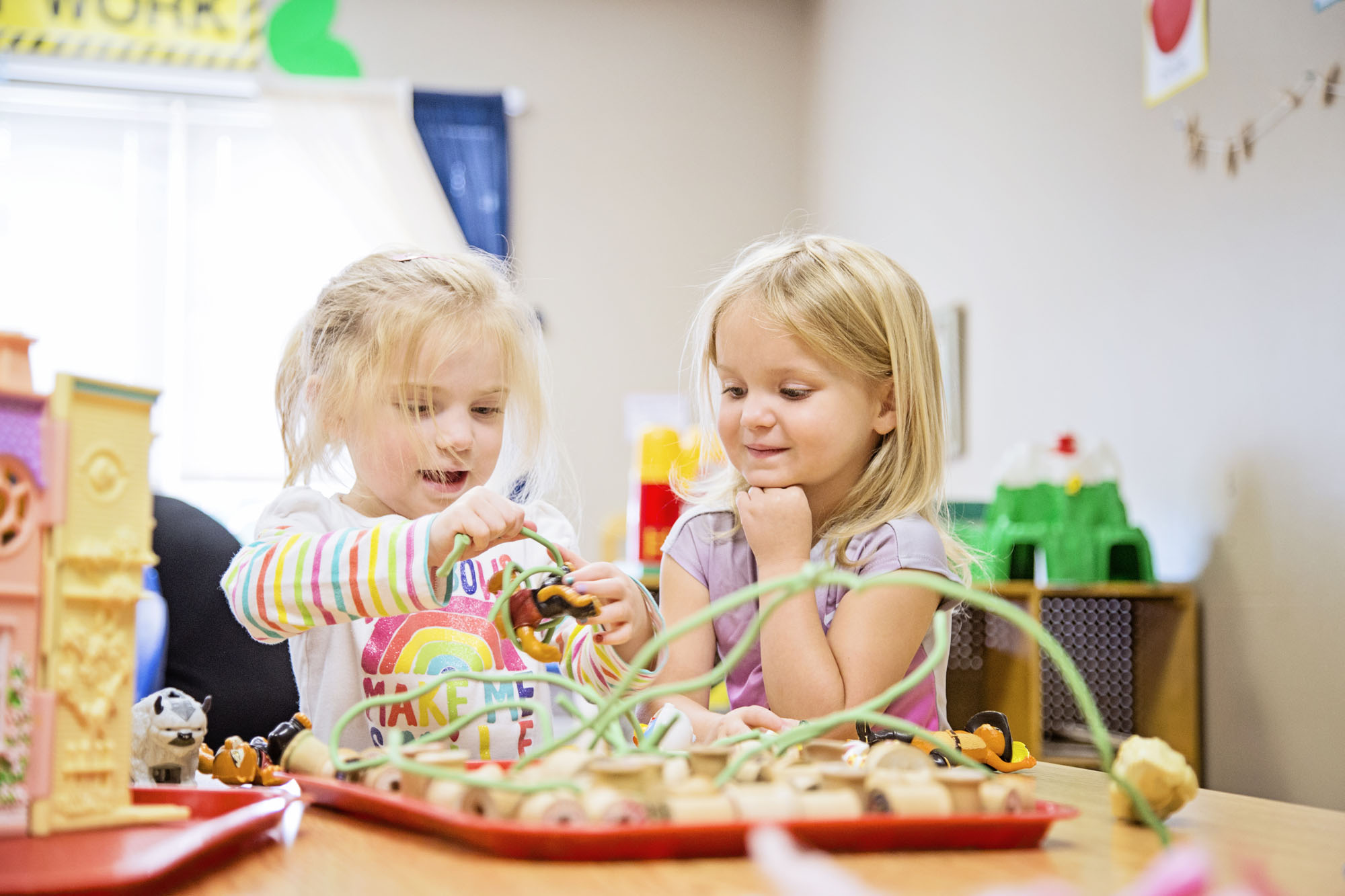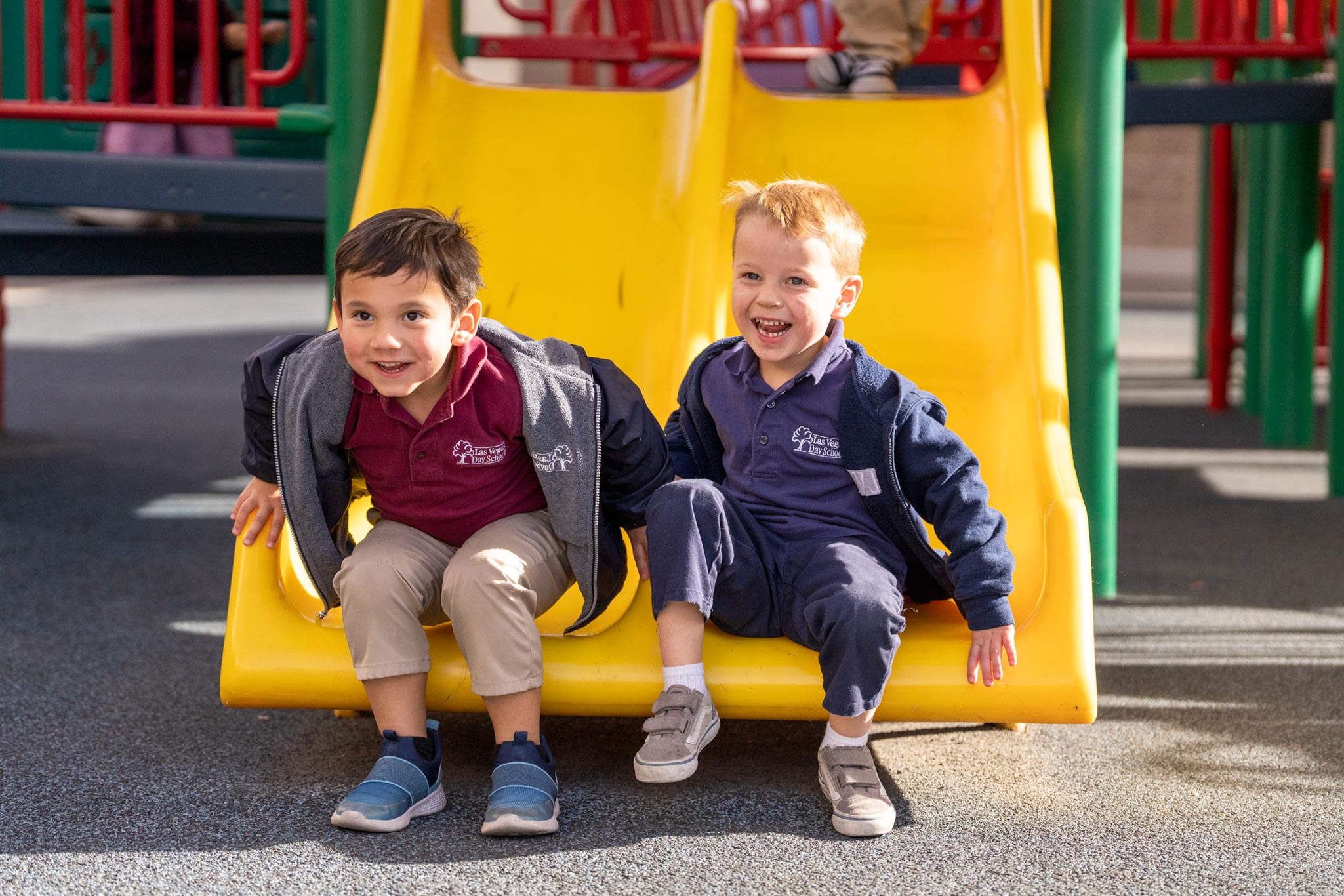How games build critical thinking among Private School students
Wiki Article
Understanding Grade College: Secret Truths and Interesting Tasks for Every Trainee
Elementary school serves as a vital structure for trainees, mixing scholastic understanding with the growth of social abilities. This duration is vital for cultivating psychological intelligence and durability. Engaging activities can enhance interest and inspiration, yet the difficulty exists in discovering the right equilibrium. As parents and instructors navigate this landscape, recognizing the diverse nature of grade school comes to be crucial. What techniques can effectively sustain pupils in this transformative phase?The Importance of Social Skills in Grade College
Although academic knowledge is important, social skills play a vital function in elementary school development. During these formative years, kids discover to communicate with their peers, discuss disputes, and build friendships. Social abilities include an array of proficiencies, consisting of effective interaction, compassion, and teamwork. These capacities enable pupils to navigate the complexities of social characteristics within the class and past.As children engage in group activities and collective tasks, they develop crucial social abilities that contribute to their emotional knowledge. This fundamental knowledge promotes a sense of belonging and improves total health. Furthermore, children who possess strong social abilities tend to experience much better scholastic end results, as they are most likely to participate proactively in discussions and seek assistance when required.

Fundamentally, the growing of social abilities throughout elementary school is not simply valuable but important for cultivating a well-rounded individual prepared for future challenges.
Balancing Academics and Imagination
As trainees advance with elementary school, balancing academics with creativity becomes necessary to their general advancement. This equilibrium cultivates critical thinking, problem-solving, and development, skills necessary for future success. Academic subjects supply foundational understanding, while innovative activities encourage students to share themselves and discover new ideas.Incorporating creativity right into the educational program can improve interaction and motivation, allowing trainees to link with the material on a deeper level (Kindergarten). Tasks that blend subjects, such as art and scientific research, can promote curiosity and promote a love for learning
Furthermore, creative electrical outlets like music, dramatization, and aesthetic arts help pupils establish emotional knowledge and resilience. These experiences add to a versatile education, preparing pupils for a quickly changing world.
Eventually, prioritizing both academics and creative thinking gears up pupils with a varied skill collection, enabling them to browse difficulties and seize possibilities successfully throughout their instructional journey and past.
Engaging Activities to Boost Knowing
Countless engaging tasks can substantially enhance discovering experiences for quality school pupils. These tasks not only make learning satisfying but likewise assist reinforce important principles. Hands-on experiments in scientific research courses permit students to check out concepts almost, cultivating inquisitiveness and much deeper understanding. Interactive narration sessions can boost proficiency skills while sparking creativity and creative thinking.Team projects motivate collaboration, training students the importance of teamwork and communication. Integrating innovation, such as digital tests and educational games, can likewise astound pupils' focus and make finding out more dynamic. Arts and crafts jobs can assist in the advancement of great motor skills while offering an innovative outlet.
Additionally, exterior activities, like nature strolls or scavenger pursues, link trainees with the atmosphere and promote physical well-being. By incorporating these engaging tasks right into the educational program, teachers can create a boosting discovering atmosphere that accommodates varied discovering styles and maintains trainees motivated.
The Duty of Parental Support in Education And Learning
Adult support plays a significant duty in the educational journey of quality school pupils. Research study suggests that when parents proactively take part in their youngster's education, it positively affects academic performance, inspiration, and overall wellness. Grade School. Constant participation, whether through homework aid or going to institution occasions, promotes a sense of safety and security and enhances the value of education and learningAdditionally, effective communication in between parents and educators boosts the learning experience. Parents who team up with teachers can much better understand their youngster's challenges and staminas, permitting for tailored support. This collaboration urges liability and sets high assumptions for trainees.
Furthermore, adult perspectives towards education considerably influence kids's viewpoints. When parents show a favorable outlook on knowing, it cultivates curiosity and durability in their children. Inevitably, the structure of adult support is critical in shaping trainees' mindsets, habits, and scholastic success throughout their quality college years.
Constructing a Favorable Learning Environment
Creating best site a favorable understanding see this site setting is necessary for cultivating scholastic success and emotional well-being among grade school students. Such an environment promotes engagement, encourages collaboration, and improves inspiration. Teachers play a considerable role in establishing this ambience by applying methods that focus on inclusivity, regard, and assistance.Classroom administration methods, such as clear expectations and positive responses, are very important in supporting a sense of safety. In addition, including varied mentor approaches can accommodate various finding out styles, guaranteeing that all pupils really feel valued.
Motivating peer interactions and team activities additionally cultivates social abilities and a sense of area. Commemorating success, regardless of just how little, reinforces favorable actions and boosts self-worth.
Ultimately, a favorable discovering environment not only enhances scholastic efficiency but likewise fosters psychological durability, helping trainees thrive both inside and outside the classroom. This structure is considerable for their overall advancement and long-lasting knowing trip.
Techniques for Establishing Vital Thinking Skills
Reliable techniques for creating important believing abilities in quality college consist of motivating inquiry-based knowing and advertising analytical tasks. Inquiry-based knowing promotes interest and permits students to explore concerns, while analytical activities test them to use their understanding in useful circumstances. With each other, these methods boost students' ability to believe seriously and individually.Urging Inquiry-Based Knowing
Just how can instructors cultivate a classroom atmosphere that advertises inquiry-based discovering? Educators can develop an environment that urges inquisitiveness by posturing flexible inquiries and facilitating conversations that prompt pupils to discover numerous viewpoints. Urging pupils to ask their very own concerns can better promote their essential reasoning abilities. Including real-world issues and hands-on activities allows students to involve straight with the product, fostering much deeper understanding. In addition, supplying chances for collaborative tasks can boost peer-to-peer discovering, where trainees share insights and build on each various other's ideas. By integrating modern technology and sources that support exploration, educators can aid pupils take ownership of their understanding journey, therefore cultivating a frame of mind of query that prolongs past the class.Promoting Problem-Solving Activities
While cultivating analytic activities in the class, teachers can considerably improve students' critical reasoning abilities. By integrating hands-on projects, seminar, and real-world situations, educators encourage pupils to examine scenarios, recognize patterns, and explore numerous services. Involving students in joint challenges not just advertises team effort yet likewise boosts their capability to express reasoning and validate their selections. Additionally, incorporating technology through coding simulations or exercises can promote imaginative problem-solving techniques. Evaluating trainees' idea processes through reflective methods allows for deeper understanding and enhancement. On the whole, promoting analytical tasks cultivates an atmosphere where vital assuming flourishes, outfitting students with vital abilities for future academic and life challenges. These methods ultimately prepare learners to browse intricate problems with self-confidence and development.
Regularly Asked Questions
What Age Do Children Usually Beginning Elementary School?
Kids commonly start elementary school at around age 6. This age can differ a little depending on local academic policies and private preparedness, however six years old is have a peek here the most usual beginning factor for official education and learning.How Can I Assist My Youngster With Research?
To assist with homework, parents can create a structured environment, establish a routine, motivate inquiries, provide resources, and provide support without giving direct solutions, cultivating freedom and crucial thinking in their child's learning process.What Prevail Elementary School Discovering Difficulties?
Typical quality institution learning challenges include difficulties with reviewing comprehension, mathematics concepts, focus period, and social skills. These obstacles can affect scholastic efficiency and need tailored assistance to aid trainees accomplish their full capacity.Exactly How Can Parents Interact Effectively With Educators?
Efficient interaction in between parents and educators can be accomplished through normal updates, open dialogues, set up meetings, and energetic listening. Developing a joint connection promotes understanding and supports the youngster's academic journey favorably.What After-school Activities Are Available in Quality School?
Quality schools normally provide a variety of extracurricular tasks, including sporting activities teams, music and art programs, dramatization clubs, and academic competitors. These tasks boost social skills, foster synergy, and encourage creative thinking among students outside the class.
Quality institution serves as an essential foundation for pupils, blending scholastic discovering with the development of social abilities. Various engaging tasks can significantly boost discovering experiences for quality school trainees. Developing a positive discovering setting is vital for cultivating scholastic success and emotional health among grade institution students. Inquiry-based learning cultivates interest and allows trainees to explore concerns, while analytic activities test them to use their expertise in useful circumstances. While cultivating analytic activities in the class, instructors can considerably improve pupils' crucial thinking skills.
Report this wiki page